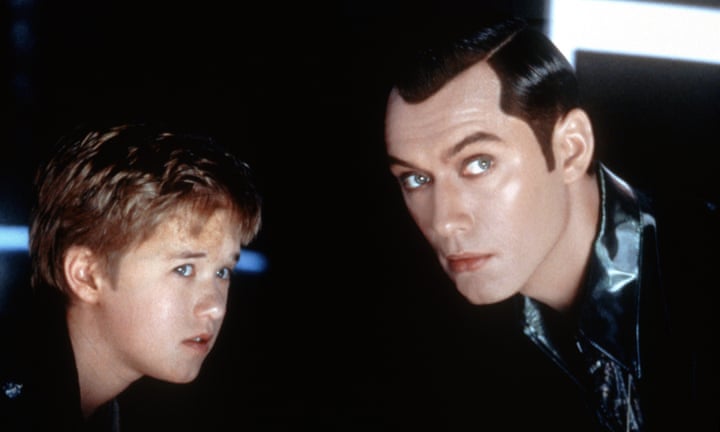We live in a disconnected world. While many believe technology is making the world smaller--and indeed it seems to be the case--humans are spending more time communicating through digital media than ever before in history. And in many ways, humans are relying more on their devices for things humans used to do before the advent of the machine, such as checking one's health, being entertained, informing of current events, and even providing customer service. Now with the proliferation of apps, and the rise of artificial intelligence and virtual assistants, we are relying even less on human beings and more on machines--and now machines are moving into the emotional space by providing assistance for people's feelings.
A New Scientist report explains an app being developed at the University of Aberdeen UK that will assist people through emotional problems, such as stress and depression. According to Professor Judith Masthoff, there is a growing number of people with mental health issues who need informal care. The professionals are only available for the big problems, and thus there is a vacuum of mental health care for people on a daily basis. This app could fill that gap. By creating algorithms that replicate the kinds of therapeutic words one would speak to someone who is suffering, a machine or app could be available at any time for that informal care one would need at any time. So for example, if you were recovering from surgery, and were feeling down, the system would send you a message such as, "I know it's really hard, but you're doing a good job."
The strange thing is that people at first find it disagreeable to be emotionally supported by a machine algorithm, but the researchers at Aberdeen maintain that once the machine is built, people actually resonate with it. It's no different, they claim, than having a virtual assistant supporting you through a quibble with a warranty or building an investment portfolio; it's no different than an app providing reams of health data on your body.
But isn't it?
What is happening to the human brain, to human consciousness, that it is so open, so able to adapt to machine communication, especially when it comes to emotional support during times of stress? How is it that humans no longer need the eye and body contact that comes with being supported by another human being, but that a simple blip on a screen suffices? How are we changing as a species when machines are able to sooth us when we're down, calm us when we're stressed, and offer a reassuring word when we need it? How is it that a simple algorithm is now ok to fill the void that human interaction in the past could only fill? And is there not something in the back of one's mind that says, "Wait a minute, this message is not coming from some-one, but rather a machine, an algorithm! There is not a person on the other end of that message who loves me, who cares about me, who's thoughtful enough to send me that message at a time when I needed it most--it's a machine!"
I find this troubling for several reasons. First, where are the humans? Where are we as humans for people who are down, stressed, recovering from injury? Where are we? And why are we not available for others? Second, why is a message from a machine good enough for us? Are humans not something special, something unique, something greater than the mere sum of its parts? Why are we expecting so little from others that our mere mobile devices will suffice? Third, where are we in our use of technology to accept or be at the place in which we can respond to a message from a computer and translate it into something that reassures us, that touches our soul? And last, where is this all going? Will we be walking into robo-shrinks' offices and having a machine scan us and tell us what's going on deep in our psyches? If we continue to think it's ok and good enough for machines to provide us with emotional support, then we will eventually be seeing robo-shrinks. Are we slowly giving up our humanity for a cheap fix, a good-enough-for-now, a quick download that will get us through our days? And what about human relationships? What if your partner doesn't 'get' you like your machine does? What then?
It scrambles the mind. It seems to me that indeed, the more computer scientists try to help people through their technology, the more they alienate them, and the more they alienate them, the more people will need technological solutions. It all becomes a vicious regress to more bizarre forms of technology and human/machine interaction.


No comments:
Post a Comment